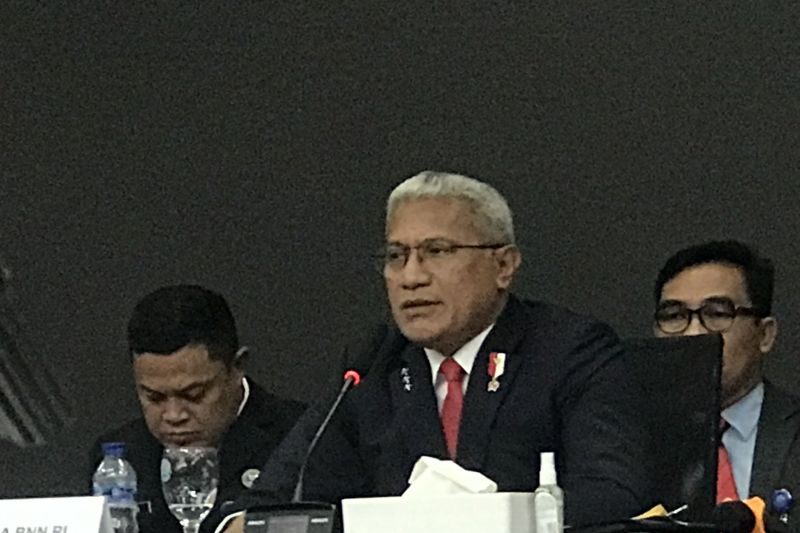If a ban is necessary, BNN will be subject to government decisions made based on research findings.
JAKARTA (ANTARA) – The National Narcotics Agency (BNN) said on Thursday that it is coordinating with its counterparts in Singapore and Malaysia to formulate follow-up policies to ban the distribution of “kratom”.
BNN Director-General Martinus Foukom told local journalists that coordination with the two neighboring countries was needed to ascertain the rationale for banning Mitragyna speciosa (Rubiaceae), commonly known as kratom.
Information gleaned from the coordination will be taken into account when developing policies to address this tropical tree-related issue, he added.
As Indonesia’s law enforcement agency, BNN will refer to the findings of the investigation and comply with all regulations and policies set by the government, Hukom said.
“In principle, we are waiting for the study results. If we have to ban, BNN will abide by the government’s decision taken based on the study results,” he added.
Related news: 93 new drugs enter Indonesia from Mexico: BNN
Kratom is in the spotlight after the BNN Garut district office exposed the mistreatment of this tropical tree by several local students.
According to Deni Yusdanial, director of the district office, the misuse of kratom by students needs to be prevented.
Indonesia remains vulnerable to incidents related to drug abuse.
A joint study conducted by BNN and the Indonesian Institute of Science (LIPI) in 2019 estimated the number of drug users in Indonesia to be more than 3.4 million.
A survey conducted in 34 provinces showed that about 180 out of every 10,000 Indonesians in the age group of 15 to 64 are addicted to drugs.
Users of crystal methamphetamine, opiates, marijuana, and other types of addictive drugs can be from any community, socio-economic, or cultural background.
Related news: BNN meets with Colombia’s ART to discuss response to illegal plants
